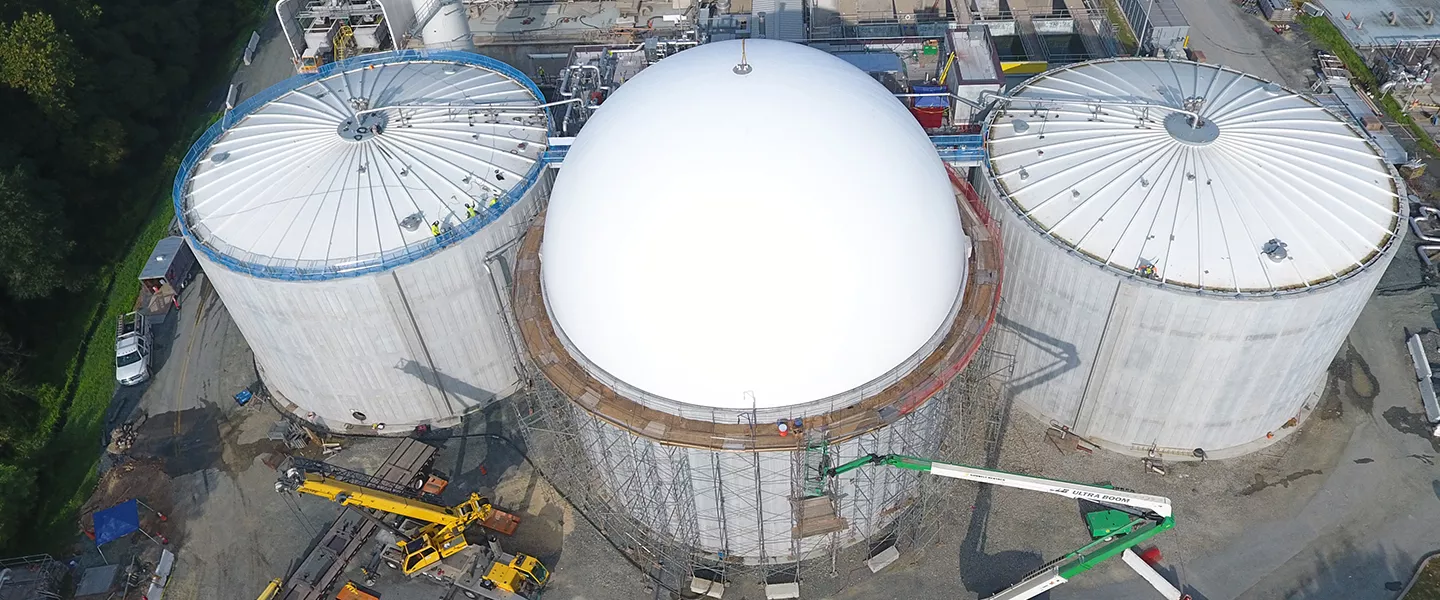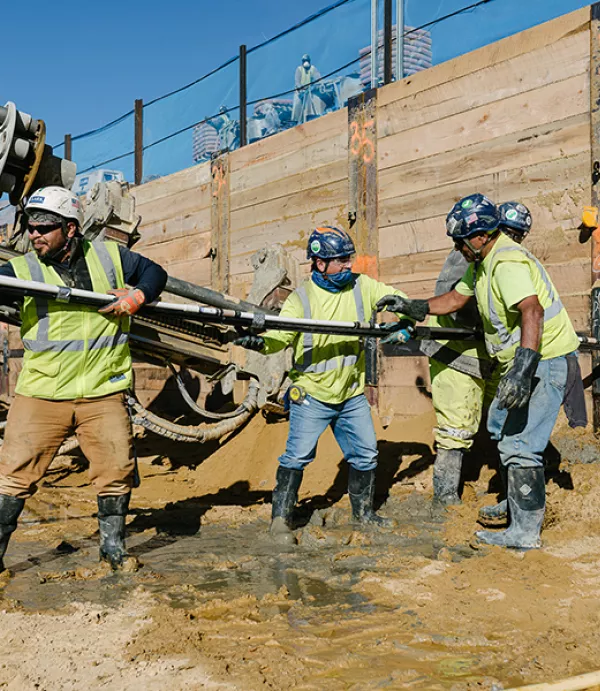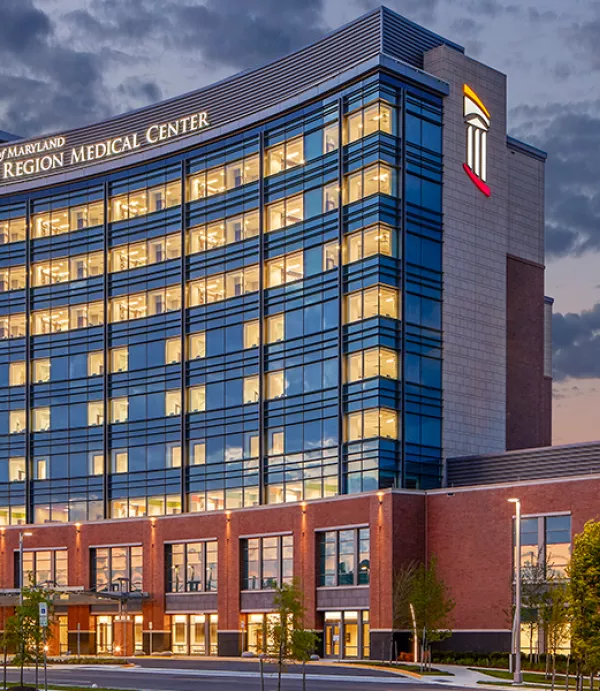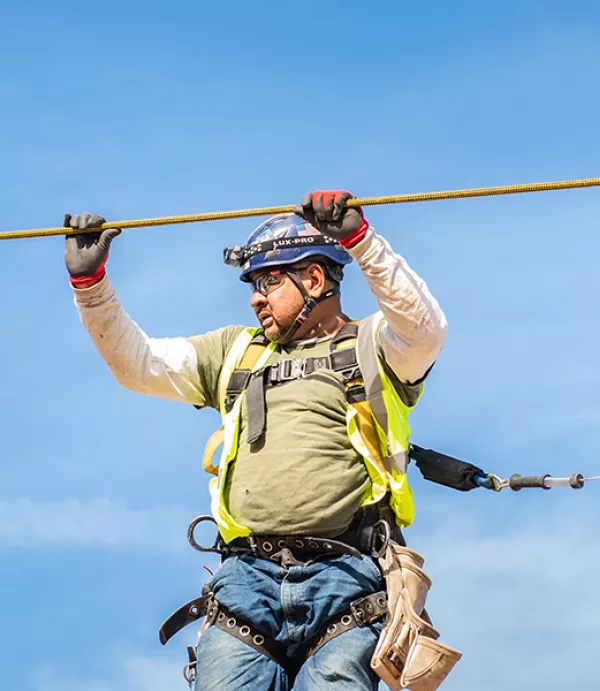Envision in Action at Little Patuxent Water Reclamation Plant
October 15, 2018

As wastewater treatment plants adapt to more stringent water quality and environmental requirements, clients, designers, and constructors are utilizing sustainability rating systems that reward creative and synergistic processes. Similar in purpose to the USGBC's LEED Rating System, the Envision Rating System is a tool used to evaluate sustainable approaches to building civil infrastructure.
Envision grades projects based on a holistic approach to sustainability and utilizes the Triple Bottom Line—social, environmental, and financial benefits—as a framework to evaluate the short- and long-term costs and benefits of the project. Envision rewards teams for early collaboration with stakeholders and the community, and for integrating non-traditional methods for project planning, design, construction, and operation. Additionally, it ensures that Owners and project teams not only build the project right (e.g. using recycled and regional materials, avoiding greenfield construction), but that they design and build a project that is best for solving the problem (e.g. light rail instead of widening a road). Clark Water’s team at the Little Patuxent Water Reclamation Plant in Howard County, MD is utilizing the Envision Rating System to facilitate the flexible development of sustainable infrastructure. The team is an example of early stakeholder integration and its benefits for a project’s sustainability and construction goals.
Howard County’s Bureau of Utilities brought in Clark and key project stakeholders one year prior to the start of construction to optimize the project design. Through a highly collaborative effort between the project team, including Clark, Howard County, HDR Engineering, and major subcontractor partners, the team identified multiple opportunities to achieve Envision points through project best practices and management. Throughout the design phase, the team embodied Envision’s emphasis on an integrated approach by conducting workshops to discuss constructability comments, increase project efficiency, and receive input from the Plant’s Operations staff.
The team is utilizing sustainable principles to inform their actions, and has implemented a number of community-focused sustainable ideas on the project, which is now under construction:
- Casting reef balls using excess concrete that would otherwise be disposed. These reef balls will go to the Maryland Artificial Reef Program to help the Chesapeake Bay’s oyster recovery efforts;
- Utilizing commingled dumpsters to maximize the quantity of materials recycled;
- Stockpiling all excavated soils for reuse in fill areas. By eliminating the need for off-site backfill material, the team is providing both a cost benefit to the project and an environmental benefit to the County;
- Improving the skill set of craft workers. Clark is self-performing almost 20% of the construction work. To support this work and deliver the quality project the client expects and deserves, the team has provided on-the-job and outside training opportunities to advance their cast-in-place concrete, mechanical, and welding capabilities as well as additional safety trainings;
- Reducing electrical and gas consumption and greenhouse gas emissions by capturing methane from the anaerobic digesters and using the biogas to fuel the hot water boilers and dryers; and,
- Holding two bidder’s community outreach events and advertising heavily to local small and disadvantaged businesses. The team is continuing outreach for local craftspeople to develop the community’s skill base.
Upon completion of the project, the quantity of trucks needed to haul biosolids will decrease from the seven trucks per day it currently takes to one truck per day. The reduction will lower operating costs by $2 million annually, providing a significant economic benefit to the Plant and Howard County tax payers, as well as reducing carbon emissions and strain on local roads. The Little Patuxent team is proving that a focus on sustainability can result in long-term cost savings for our clients on civil infrastructure projects.


